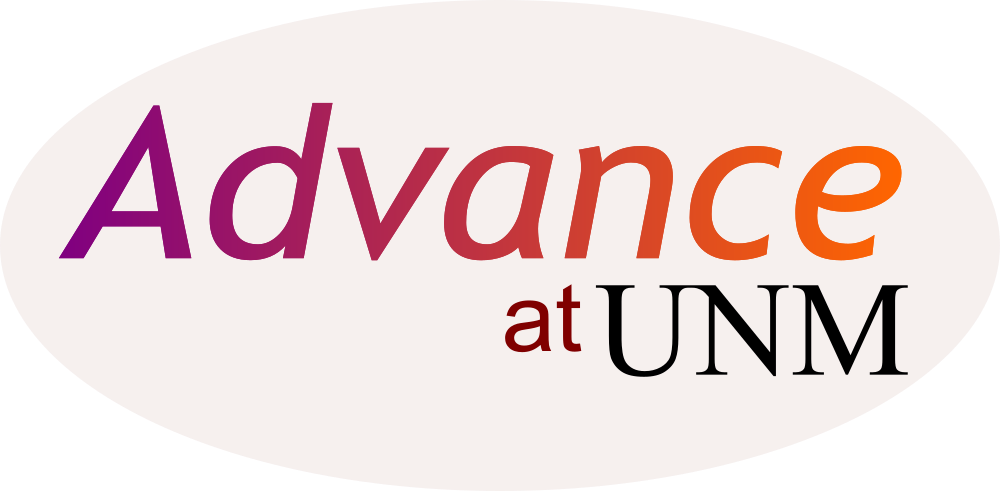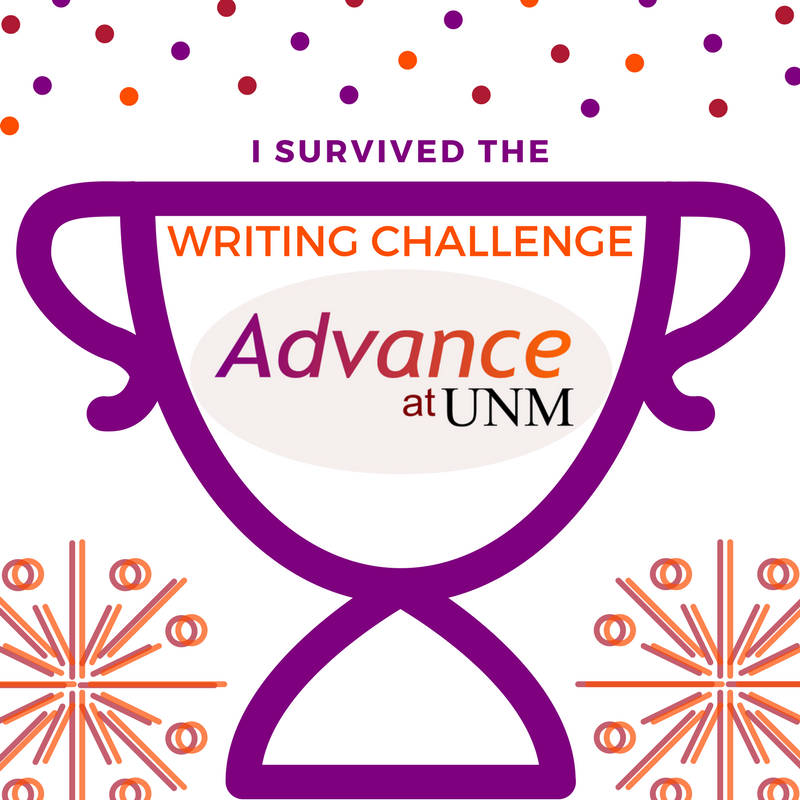Day 14: The Finale
What can we say about the writing challenge? In the end, neither of us made our goal of writing every day. Lindsay did get much more writing done than she would normally would have in the two weeks before classes begin, and Julia has never previously accomplished any progress on a writing project just before classes begin. We both declare Success! After two weeks of trying to write daily, here’s what we learned about ourselves:
Positive outcomes of daily writing
1. More Enjoyment and Curiosity
Lindsay: When I write daily, it changes my relationship with the project. Within two days of daily engagement with my research, I found that my passion for the topic quickly grew. Because I was working every day, rather than in a blind panic after a missed deadline, I had the time to explore my ideas with more play and curiosity than I normally do. I found several online archival repositories and added new primary sources to my article. I read a book that had been published since I did my first literature review. I never would have done that without the time and space to explore my ideas more profoundly.
Julia: It has been years since I forced myself to work on a writing project (other than grant proposals!) daily. When I was a kid, I really enjoyed writing. I lost that somewhere a long time ago. I found writing the blog to be extremely enjoyable and some of this flowed back into my book chapter. I’m now trying to figure out how to work substantive writing back into my life.
2. Writing Ease and Flow
Lindsay: Often the hardest part of writing for me is getting started. Knowing I would be writing each day and having just engaged with the article the day before, made my writing flow more quickly. There was less gear up to each writing session.
Julia: What she said! I don’t think this ever changes.
3. Wanting More
Lindsay: My most common feelings around writing projects are fear and dread. It’s probably because like many academics, by the time I really start working they are already late or about to be late. My time management strategy has been deal with the biggest fire first and let the rest smolder. That means that rather than seeing my writing projects as fun to explore new ideas, they are emergencies I must deal with as quickly as possible. It does help me get it done. But it doesn’t leave me wanting more. Writing daily left me wanting to write more. After each writing session, I thought to myself, I want to write more today. When can I sit down again? Most days I couldn’t find the time to do that, but the wanting to write was a new and unexpected outcome.
Julia: I’m pretty sure that being an academic administrator creates attention deficit disorder. For example, being a Department Chair is a half-time job – it is every other minute. In the last couple of years, I’ve been consciously working on my attention span, with varying amounts of success depending on the semester. (Wait – was that a hummingbird outside?) I was surprised to find myself looking forward to writing time somedays and wanting more time. I agree with Lindsay that this was an unanticipated outcome.
Areas to address:
1. Structural Barriers
Lindsay: From the beginning of this challenge, I knew that my biggest roadblocks would be structural. That is why I put asking explicitly for help with childcare as one of my rules. Writing advice often has a strongly neoliberal, individualistic “try harder” underlying message. It’s about how individuals can overcome individual blocks, develop better attitudes, monitor and discipline themselves, and thereby be productive (i.e. good) academics. I’m not saying a little discipline wouldn’t help my writing, but the truth is with my commitments, it is very hard to find the focus and energy to do the hard work of writing. Like many pre-tenure academics, especially women, I am part of the sandwich generation: I have a small child and parents that for the first time this summer had health crises. Like most faculty at an R1, I have several active research projects all of which involve not only doing research, but also supervising and managing students and research personnel. As an anthropologist, I have to travel to my research sites and somehow manage family obligations as well. Add to this advising, service, teaching, new course preps, grant writing, professional development, and a few conference presentations and invited lectures each year and my time is two or three times overfilled. I can’t even imagine how post-tenure faculty and administrators keep all their various balls in the air. This is a challenging job that pulls our attention in many directions. One of the reasons I enjoyed the writing challenge is that it acknowledges writing as an essential part of our jobs, even if it is one that can usually get put on the back burner.
Julia: Lindsay’s description of the challenges of faculty life rings true for all of us. Associate professors have to manage larger service expectations and figure out a promotion path (ADVANCE at UNM has workshops to help you!). Academic administrators can find their calendars completely filled with meetings, leaving no time to do the work that is assigned in the meetings, much less write. There are different stressors at different phases in our careers – both personal and professional – and writing is frequently one of the first things to go. I have been thrilled to have Writing Challenge participants stop me while I’m walking across campus and volunteer that they have really appreciated this acknowledgement of the necessity of creating writing time.
2. Social Support for Writing
Lindsay: I don’t currently have a writing group, but this challenge reminded me that I do writing best in conversation with others. It’s not so much the feedback I need (I have colleagues and peer review for that) but, rather cheerleaders and fellow travelers on the journey. It was great blogging with Julia on this challenge because I saw in her posts, many of my own negotiations, struggles, and roadblocks, despite our different disciplines and positions in our careers.
Julia: I’ve helped people organize writing groups, but have never been part of one. This has been a great experience, and blogging with Lindsay was important for me. The universalities of the writing struggle did become more apparent. I am still excited by the number of people who officially signed up and by the people who told me they were silently participating.
ADVANCE at UNM will have Shut Up and Write times in our space during the Fall to provide some friendly peer pressure and support. Let us know if you have other suggestions!
3. Putting Writing First
Lindsay: I have to write first thing in the morning if it’s going to happen. As soon as I check my email, game over. I tried writing at night before bed but I just didn’t have the willpower for it. So, for me, I must put writing first, literally by doing it first thing in the morning, and programmatically by building a community of writers and saying no to some of my other more visible commitments.
Julia: I expected to learn that I have to write first thing in the morning. Certainly, I am more likely to get it done if I do. But I found that if I really worked at it, I could (some days) find other times and make a little progress.
Overall, I learned that I could make progress on a writing project in small chunks of time. It isn’t the same quality as if I could set aside several hours a day, but it is considerably better quality than an empty page.


Thanks for writing with us these two weeks. YAY all of us! We hope that even if these weeks weren’t perfect, that you found a little time and space for writing. Share your final insights. Your successes. Your challenges. If you have any suggestions about how ADVANCE at UNM could support your writing and publishing, let us know.



